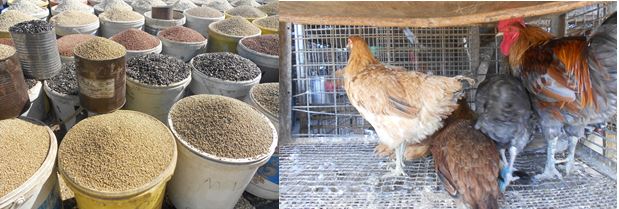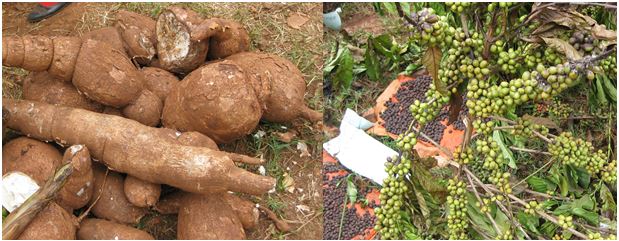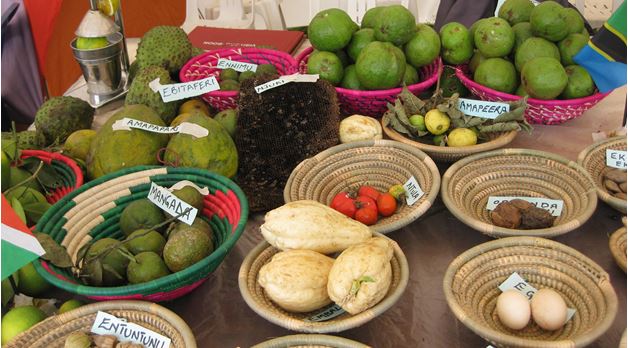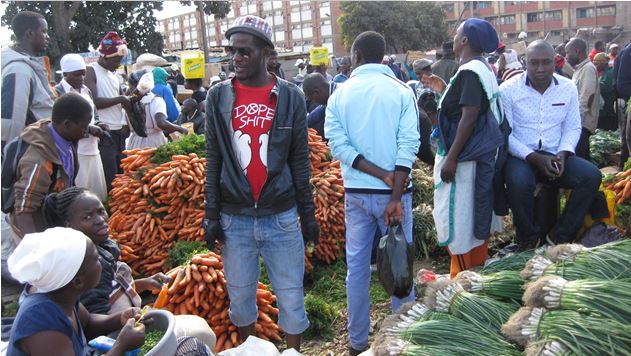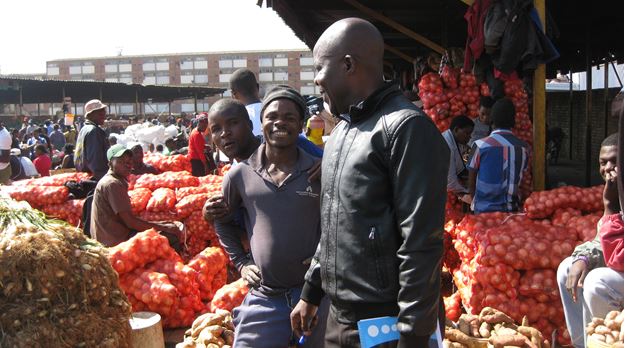African food systems: a dance between luxuries and necessities
eMKambo has been in African food markets long enough to notice some invisible patterns that should be known to farmers, financiers, development agencies and policy makers. The new generation of consumers’ tastes and preferences are increasingly defining the extent to which a commodity remains a luxury or becomes a necessity. While tomatoes and leafy vegetables Read more about African food systems: a dance between luxuries and necessities[…]

